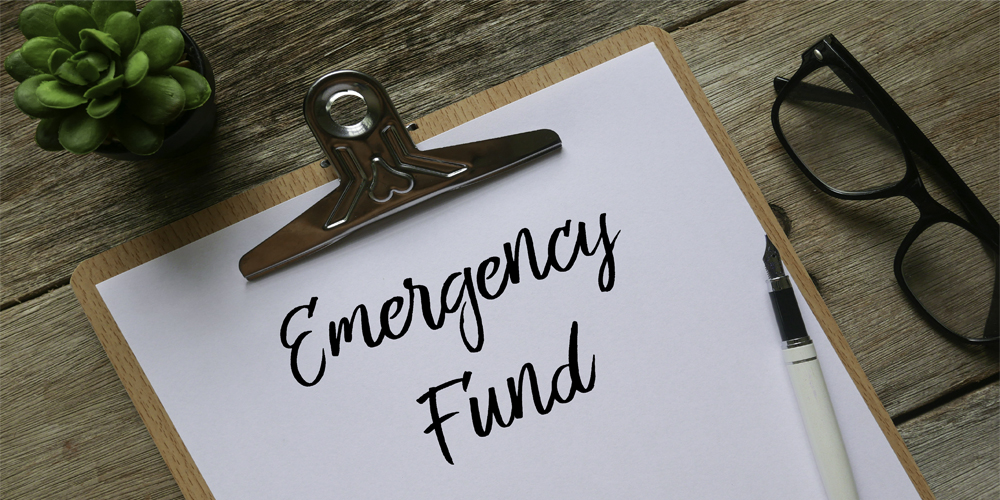Life has a nasty habit of throwing up unexpected expenses. Earlier this week a friend’s car broke down and she needed to have the fuel injector replaced and found herself $400 lighter to get back on the road. A friend of a friend recently had to have an emergency appendectomy and paid 230,000 yuan for the privilege (a lesson in the importance of having comprehensive health insurance!).
Your hot water tank could break, your child could kick a ball through a shop window, you might be involved in a car accident …
Minor issues such as these come up frequently and create costs which add to an already significant load of regular monthly outgoings including accommodation, food, insurance, travel, school fees and so on.
And yet a huge number of people are living in such a state of financial precarity that they are unable to deal with an expense of this nature. A 2017 survey by the Federal Reserve in the US questioned 12,000 households on their financial situation and concluded that 40% of Americans would struggle to pay an unexpected bill of $400.
What hope do these people have when faced with more serious financial issues such as a job loss that comes completely out of the blue, a serious illness which prevents them from working for a period or, I don’t know, a pandemic which turns their financial lives completely upside down?!
The first half of 2020 has been a world beater in terms of delivering unexpected events. Thanks to Covid-19, illness, job losses and an inability to work have impacted billions of households around the globe and highlighted just how important it is to have an emergency fund.
What is an emergency fund?
This is a pool of liquid funds set aside for emergency expenses such as a medical emergency, car repair or period of unemployment. It can make the diffference between an unexpected expense causing a minor hiccup in your financial life and sending your finances into a downward spiral which can have long lasting and very damaging consequences. It means that you can deal with a short term emergency rather than living one pay cheque away from being unable to pay your rent.
An emergency fund also offers freedom – it means that you have back up funds to support yourself should you decide that you want to leave a relationship or a job that you cannot stand a minute longer even if you don’t yet have another to go to.
How much should my emergency fund be?
I recommend to my clients that they keep at least enough in their emergency fund to cover six months’ worth of regular household expenses. We’re talking bare bones expenses here rather than a month of eating out every night and splurging on a new wardrobe. If you found yourself in dire financial straits, I’m imagining you’d cut back expenditure to the basics. This amount gives you a very comfortable cushion for when life events take an unexpected turn and it takes you a while to get back on your feet.
Where should I keep my emergency fund?
Liquidity is the key. This is money that needs to be easily available to you. Emergencies are, by definition, unpredictable so you need to be able to access your emergency fund at short notice when required. However, keeping the money in your current account along with your every day funds is not a good idea as it is too easy to dip into it for a frivolous purchase.
Usually the best bet for keeping your emergency fund out of temptation’s way is to stash the money away in a savings account which you can withdraw from at any time. It won’t be earning a whole lot of interest but that’s not the point of this particular aspect of your financial planning.
Saving up six months’ worth of expenditure may seem like a daunting task but it really is worth dedicating some time to working out how you are going to do it, devising a plan and putting it in action. Set a monthly savings goal and prioritise your emergency fund if you receive extra money such as a bonus, a salary increase or a monetary gift in order to reach your target more quickly.
While opinions may differ over how much you should save into an emergency fund and where you should keep the money, you won’t find a financial adviser worth their salt who doesn’t advocate having an emergency fund. Prioritise yours today. Please contact me at bmulder@infinitysolutions.com







Recent Comments